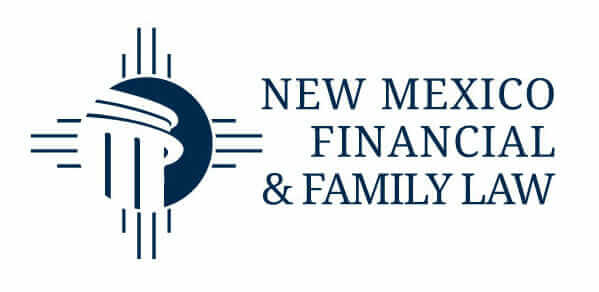Leading Financial and Family Law Attorneys
Explaining the Vocabulary of Bankruptcy
Bankruptcy:
It’s hard to know what to do when you don’t understand the language.

I want to take a minute to explain the vocabulary of bankruptcy. For people, like me, I get stuck on all the words. So often when you go to talk to someone about a topic they are an expert in, they use language they assume I understand. Let’s understand the language.
The Vocabulary of Bankruptcy:
Bankruptcy: A legal proceeding involving a person or business that is unable to repay outstanding debts.
Debtor: A person or institution that owes a sum of money.
Creditor: A person or company to whom money is owed.
Chapter 7: A bankruptcy proceeding in which a company stops all operations and goes completely out of business. A trustee is appointed to liquidate (sell) the company’s assets, and the money is used to pay off debt.
Chapter 11: A form of bankruptcy that involves a reorganization of a debtor’s business affairs and assets. It is generally filed by corporations which require time to restructure their debts.
Chapter 13: A U.S. bankruptcy proceeding in which the debtor undertakes a reorganization of his or her finances under the supervision and approval of the courts. As part of the reorganization, the debtor must submit and follow through with a plan to repay outstanding creditors within three to five years.
Preference: A transfer of an interest to a creditor in payment of an existing debt made within certain time periods before the commencement of the bankruptcy case.
Dismissal: The termination of the bankruptcy case without either the entry of a discharge or a denial of discharge.
Chapter 12: A reorganization bankruptcy for family farmers and fisherman.
341 Hearing: The meeting of creditors is not a courthearing. Instead, it is run by your bankruptcy trustee and usually held in a meeting room. Creditors may or may not be present.
Automatic Stay: A legal provision that temporarily prevents creditors from pursuing debtors for amounts owed. An automatic stay goes into effect immediately when a debtor files for bankruptcy.
Means Test: A determination of whether an individual or family is eligible for government assistance, based upon whether the individual or family possesses the means to do without that help.
Petition: The document filed with the court that starts the Debtor’s bankruptcy case.
Schedules: Documents completed by a Debtor and his or her attorney that list assets, liabilities, and other important financial information.
Bankruptcy Estate: The legal property of a debtor who is in bankruptcy and that is available to pay his or her creditors.
Trustee: A person appointed by the government that oversees the bankruptcy estate. An office of the Department of Justice
Dischargeable Debt: Types of debt that can be eliminated through bankruptcy proceeding.
Exempt Property (a.k.a Exemptions): Property, not limited to real estate, owned by a Debtor that he or she may keep. Exemptions are complex and can change from state to state.
Fraudulent Transfer: A transfer of property by the Debtor that is made with the intent to defraud a Creditor.
This is simply a tool to understand some of the language involved in discussion of bankruptcy. Specific definition and implementation may change from state to state.
We are a debt relief agency and have practiced bankruptcy law for a combined 50 years. Our Albuquerque bankruptcy law firm provides services include helping individuals and couples file for bankruptcy relief under the Bankruptcy Code.
Let’s Talk.
Enter your details below to schedule a consultation.
